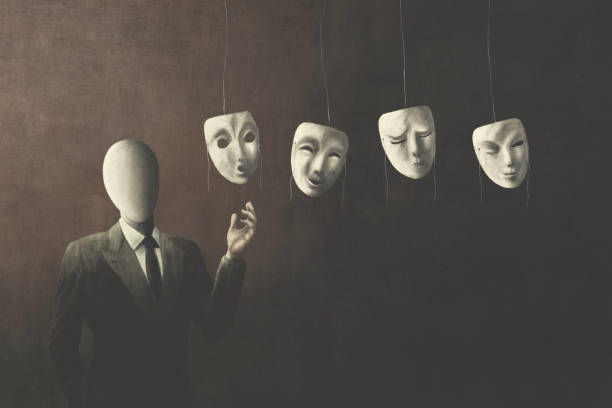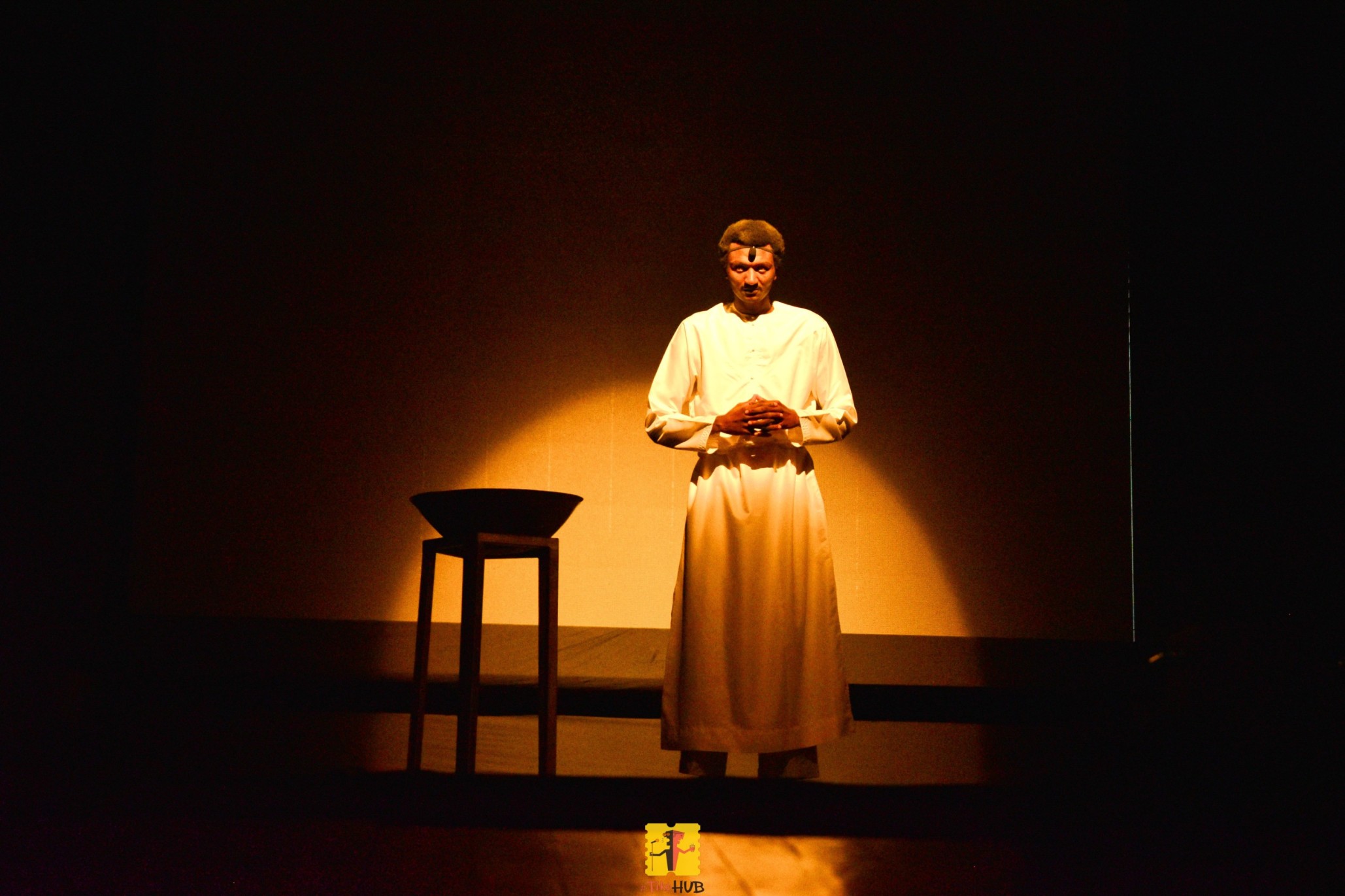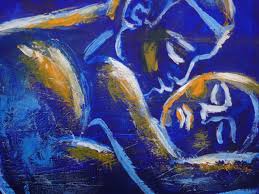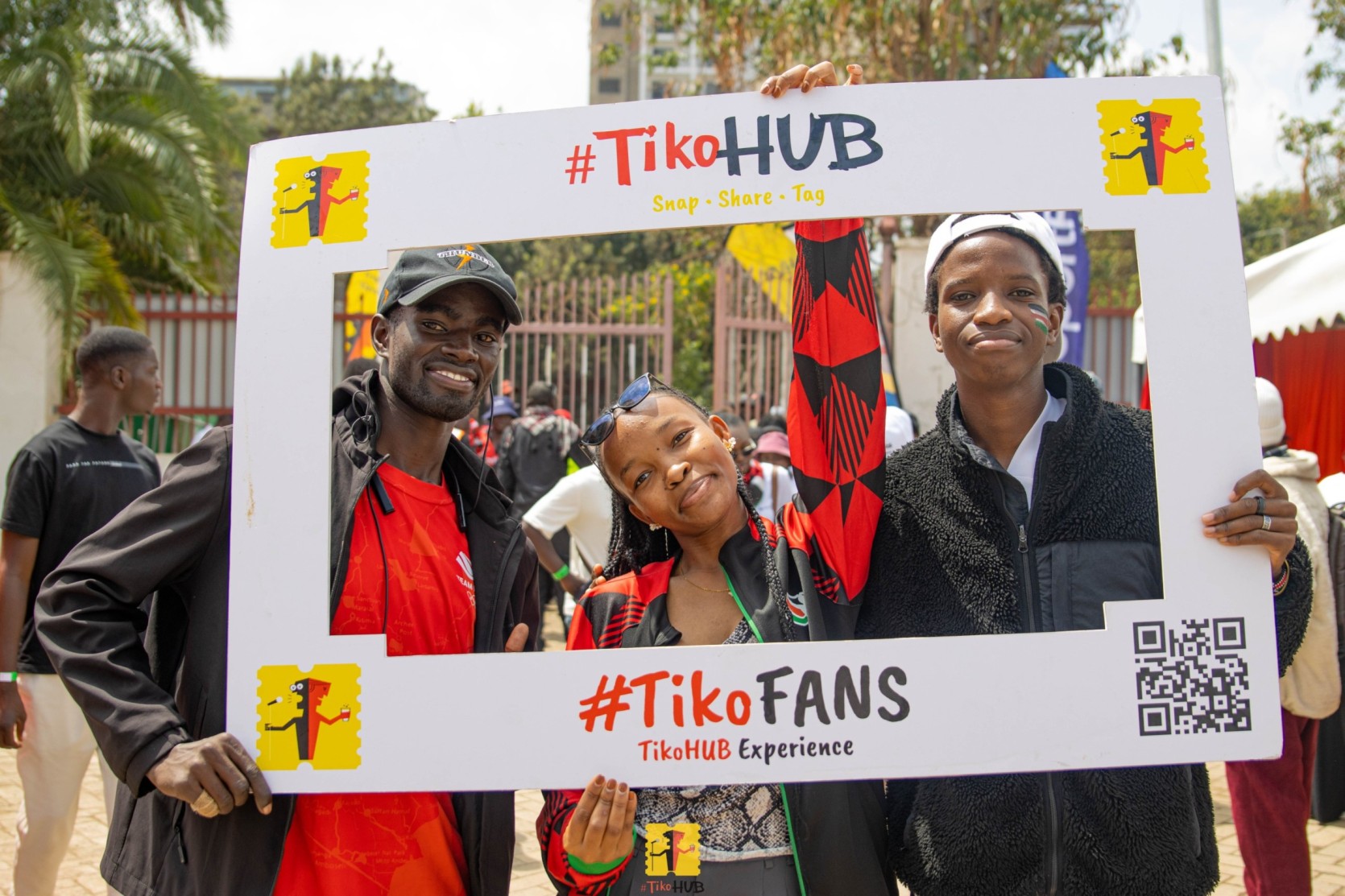‘Well, if bad luck were money, then I’d be a rich man.’ I’ve said this before, my dear reader, but I believe it is worth a repeat.
As I pen this, Bad Luck by The Black Circles is playing in the background, and a stub is burning in the coconut shell ashtray beside me. I sip from my glass, but alas, the cold bourbon feels bland.
Lord knows I'll pay the price tomorrow. That's if I make it through the night. One bottle of gin, one bottle of whiskey, it's a proven remedy
‘Just get it over with,’ I coax myself, trying to get rid of my heartache.
As the record spins and the night draws in, my mind drifts back to the first experience we curated for the Amadis
Moreover, it would be a travesty to our well-cultivated relationship, my dear, if I didn’t mention that this was around when I accidentally bumped into Darce at the theatre in Nairobi.
When two days later, Kot called to inform me that a date had been set for our first ‘Weekend at Bunny’s’, I knew she might have had a hand.
But then again, ink had dried on the paper, and I had to keep my word despite my misgivings. Besides, the prospect of global recognition and making a load of money while at it rivaled the wildest hedonistic fantasies in my books.
A bohemian party, they wanted, and that we were to deliver.
“You can choose wherever you want. All you have to do is pick up the phone whenever you need anything smoothed,” said Antonella during the teleconference.
“What do you think, Obi?” Kot asked after the call.
“Rattan and Linen,” I said.
“What?”
“I mean, they’ll wear white linen, and we’ll need rattans.”
“Chonyi, deep in the hills, will do. I’ve always wanted to party in the wild, under the coconut canopies. Fried food, hard liquor, and playing them blues.”
“I’ve got a few contacts in Chanagande,” I replied.
That’s what made us such a perfect team, Kot and I. Some may say we complemented each other, while others might say our demons fed off each other.
I’m afraid the latter was right. They called me a psychopath, and Kot, for all his talk of reason, was a brute without remorse.
When we set out to scout the location deep in the hills of Chonyi, we had in mind a place one might come to on a Saturday and groove into the night.
The track from Chanagande wound upward like a drunkard’s promise, red dust boiling behind the Land Cruiser until the tarmac surrendered to coral rag and the air thickened with salt and frangipani.
Kot rode shotgun, one boot on the dash, rolling a cigarette with the patience of a man who’d never needed to hurry death. I drove, knuckles tight on the wheel, the bourbon already souring in my gut.
We crested the ridge and the valley opened: a crescent of white sand pinched between black volcanic rock and a lace of coconut palms that hissed like gossip in the trade wind.
I pictured it already, hurricane lanterns swinging from the branches, white linen billowing like surrender flags, the guests barefoot and gleaming with coconut oil while the blues band I’d poached from Mombasa sawed at their guitars until the strings bled.
I killed the engine and we stepped out.
Kot squatted, drew a circle in the sand with a stick. “Guests arrive by matatu, blindfolded from the main road. When the clothes come off, boom. Fairies in the lanterns. Makes the acid hit harder.”
I nodded, already seeing it. The revelers from the vans in their city silks, city sins, city money. The blindfolds drop. A hundred glass lanterns flicker to life, each one cradling a single fairy who beats her wings once, slow, deliberate, and the light fractures into a thousand colored knives.
Someone screams. Someone else laughs until they cry. The blues start low, a heartbeat under the skin of the night. That was the plan, anyway.
I tasted iron in the air, maybe the reef, maybe the blood I still owed the world.



